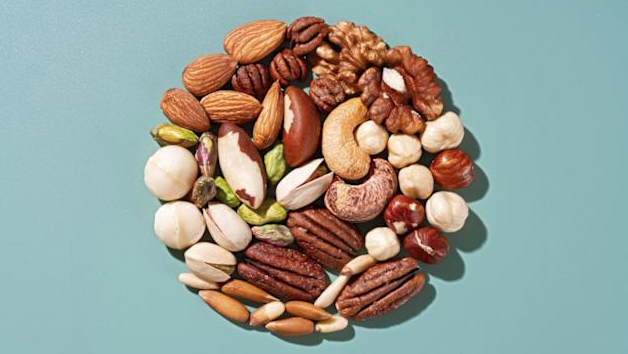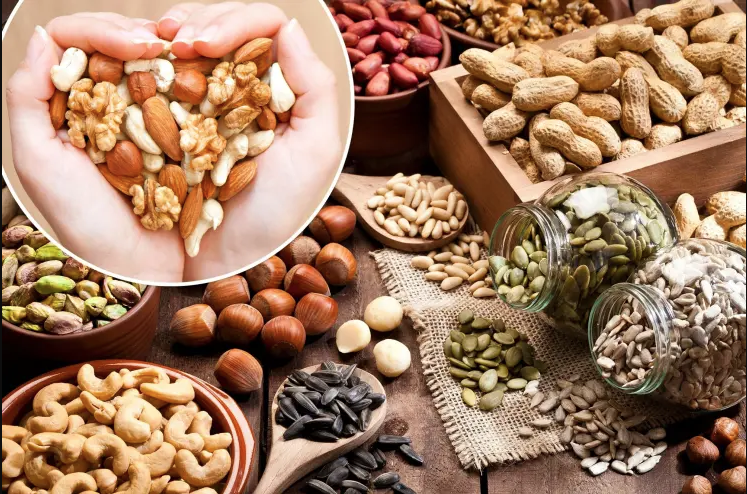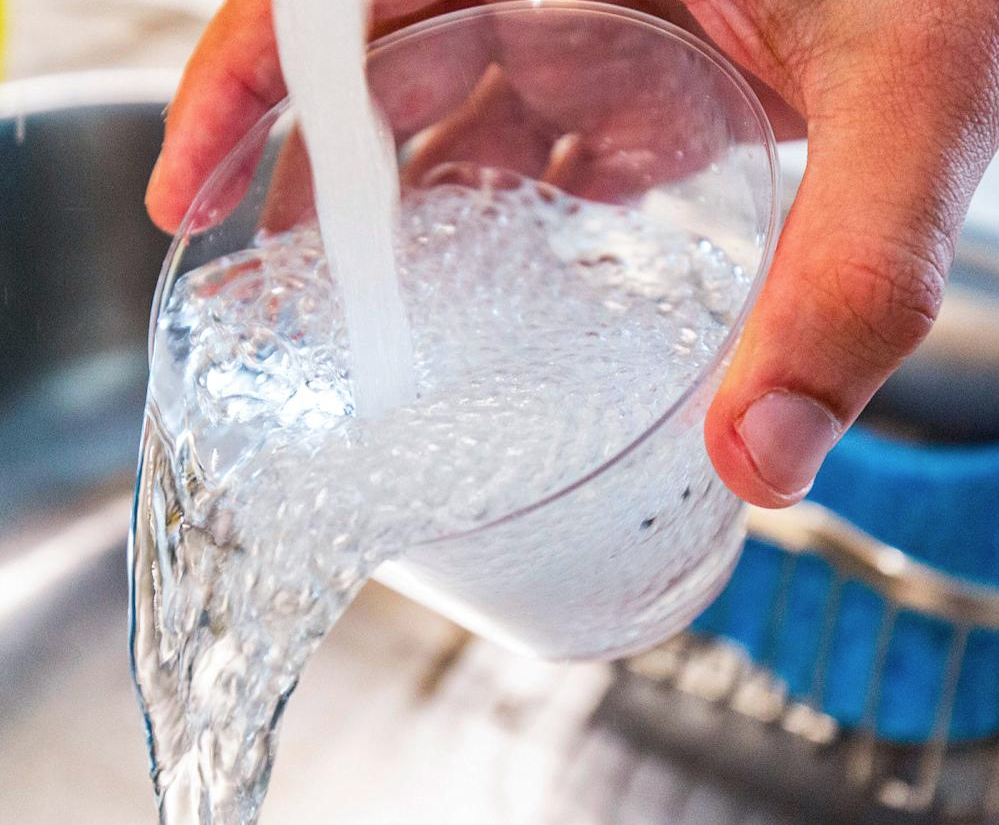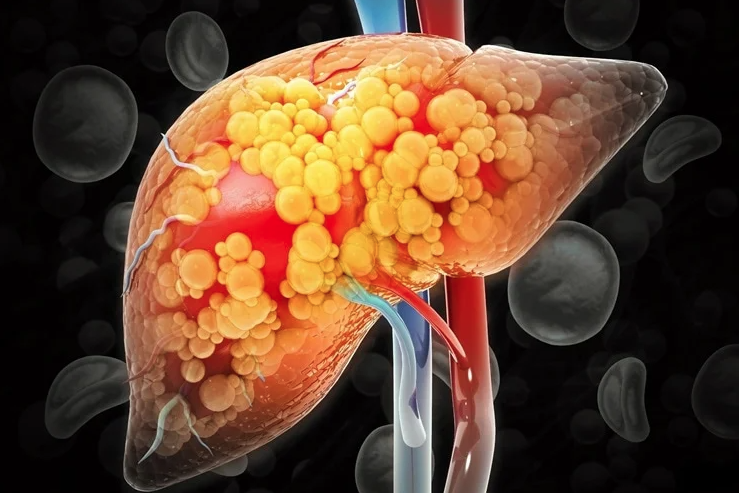Discover how incorporating Nuts, Seeds a balanced diet can reduce the risk of diverticulitis, challenging outdated dietary restrictions with recent research findings.
Diverticulitis, and swelling of small pouches (diverticula) in the colon wall, has long been associated with dietary habits. Patients were advised to avoid Nuts, Seeds & corn for years, fearing these foods could lodge in diverticula and activate inflammation. However, recent studies have begun to challenge this notion, suggesting that these foods may be safe and possibly helpful in reducing the risk of diverticulitis.
Comprehending Diverticulitis
When diverticula become inflamed or infected, diverticulitis develops, resulting in symptoms like fever, digestive problems, and abdominal pain. Although the precise reason is still unknown, known contributing factors include obesity, smoking, low-fiber diets, and inactivity. In the past, dietary guidelines focused on avoiding foods that were thought to irritate the colon.
Seeds and Nuts The Function: Dispelling Dietary Myths
Data from around 30,000 women between the ages of 35 and 74 were examined in a landmark study that was published in the Annals of Internal Medicine. In contrast to conventional wisdom, the study did not find a link between diverticulitis and the ingestion
of grains, Nuts, Seeds. Diets that include these items have been associated with a lower risk of the illness, especially when they are part of healthy eating patterns like the DASH and Mediterranean diets.
These results support the safety and possible advantages of incorporating Nuts, Seeds
And seeds in the diet, and they are consistent with previous research from 2008 that found comparable results in men.
Adopting a Diet High in Fiber
Because it forms stool and encourages regular bowel movements, fiber is essential for digestive health. Constipation is a known risk factor for diverticulitis that can be avoided with a high-fiber diet. It is advised to include a range of foods high in fiber, such as fruits, vegetables, whole grains, legumes,
Nuts, Seeds.
Numerous health advantages, including a decreased risk of diverticulitis, have been linked to the Mediterranean and DASH diets, which both emphasize plant-based foods and healthy fats.
Realistic Nutritional Advice:
- Add Nuts, Seeds: For extra fiber and nutrients, add a range of Nuts, Seeds to meals and snacks.
- Emphasis on Whole Foods: To boost fiber consumption, prioritize fruits, vegetables, and whole grains.
- Remain Hydrated: To facilitate the passage of fiber through the digestive tract, adequate water intake is necessary.
- Limit Red and Processed Meats: Diverticulitis risk can be significantly reduced by consuming less of these items.
- Speak with Medical Professionals:Consult a physician before making major dietary changes, particularly during a flare-up of diverticulitis.
Recent studies cast doubt on earlier dietary guidelines for people at risk of diverticulitis, emphasizing the potential preventative effects of Nuts, Seeds
and a well-balanced, high-fiber diet. These results support a change to more inclusive dietary recommendations, which will improve
Digestive health and wellbeing in general.




